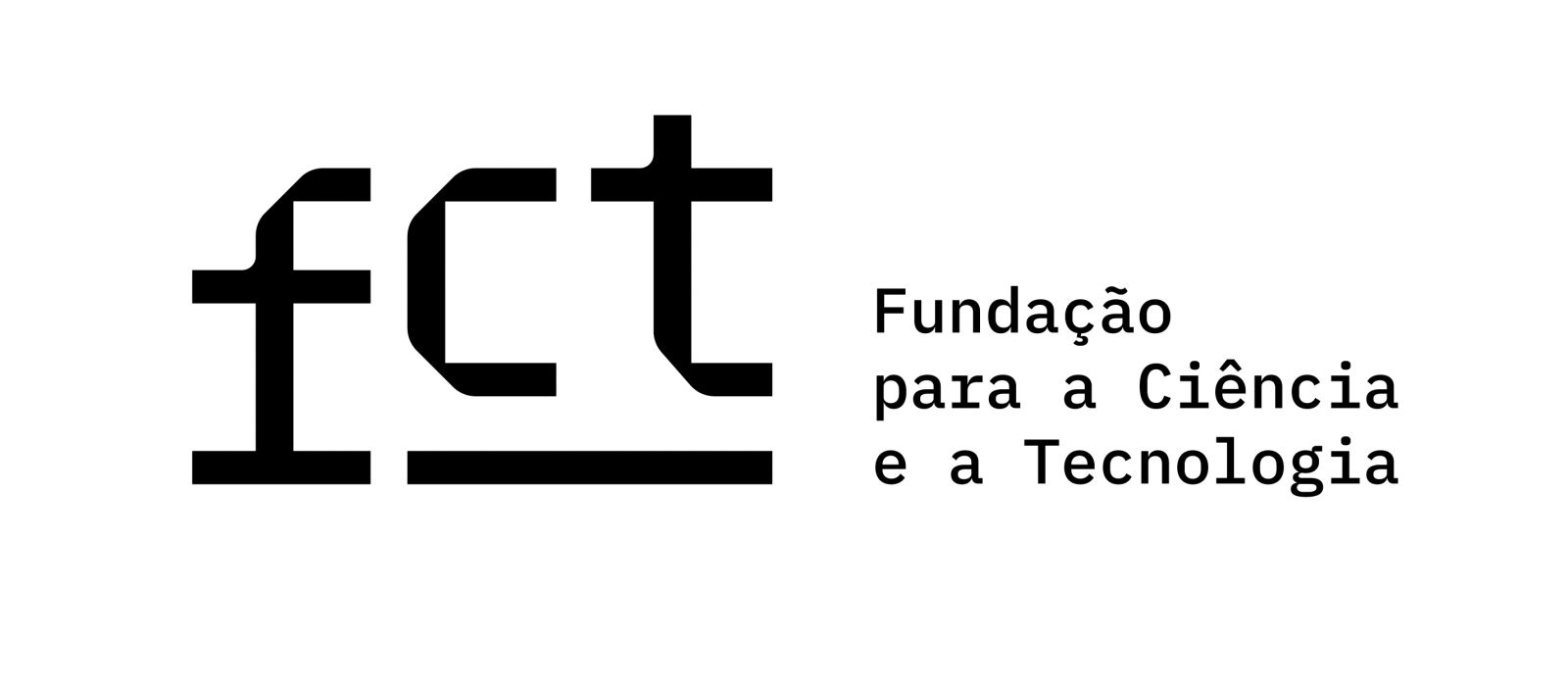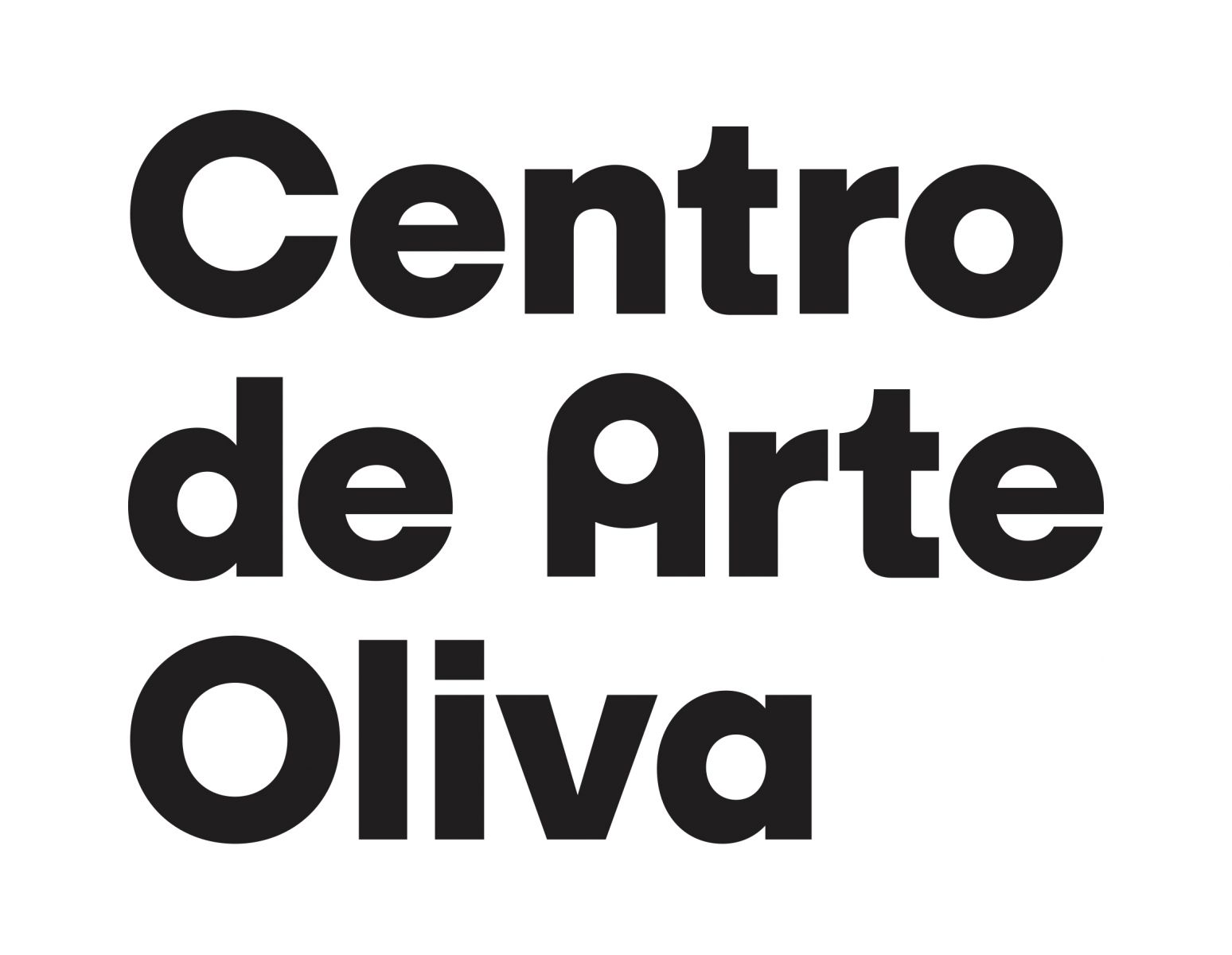Citizenship and human rights for those living with psychiatric diagnoses constitute one of the last frontiers in the civil rights struggles that began in the twentieth century. To date, the history of psychiatry, acknowledging global trends in mental health, has focused on psychiatric reforms, institutions, disease classifications and the expansion of psychiatric drugs, neglecting the political, ethical and civic dimensions that shape knowledges about psychic suffering and illness. In turn, human rights histories have not addressed the rights of people with a psychiatric diagnosis. However, throughout the 20th century we have witnessed the emergence of advocacy movements aimed at defending the human rights of these populations, from the anti-psychiatric currents of the 1960-70s, through associations, networks and alternatives, led by (former) users and survivors of psychiatry. These movements have been at the origin of new alternative care experiences to biomedical psychiatry.
.jpeg)
This CES Summer School addresses the history and sociology of psychiatry and mental health through the perspective of political, ethical and civic struggles, with a particular focus on the issue of human rights. For its design, the coordinating team develops the idea that collaborative research and rights-based approaches to care correct and complement biomedical approaches, aiming to contribute to the emancipation of people suffering from mental illness, reducing stigma and promoting social inclusion. Crossing global and local perspectives, with an emphasis on counter-hegemonic epistemologies from Brazil and global activism, this Summer School addresses the relations between experience, knowledge, struggles and human rights, and in particular the role of activists in the emancipatory transformation of mental health.
Coordination: Tiago Pires Marques (CES-UC), Sílvia Portugal (CES-UC/FEUC), Mattia Faustini (CES-UC)
Teaching Staff: PSYGLOCAL team and project consultants and collaborators representing partner associations in the field of Mental Health (Movimento Ouvir Vozes, ADEB, Associação Borderline Portugal)
Target Audience: mental health professionals; researchers and students; people with experience of psychiatric diagnosis; carers; mental health activists; general public interested in these issues..
Programme
Wednesday (5/07): Day 1 | Experience-based knowledge and participatory methodologies
Thursday (6/07): Day 2 | Rights-based approaches
Friday (7/07): Day 3 | Decolonising mental health
Saturday (8/07): Day 4 | Research and intervention from art
Programme Description
"Re-imagining institutions, practises and rights in mental health and psychiatry" will offer occasions for creative reflection and deepening of alternative care practises, inspired by activism and the actions of associativism, which carry inclusive and emancipatory visions of humanity and health. The School is created through ongoing collaborations within the PSYGLOCAL project, and between its members and other networks, including the Listening Voices Movement, ADEB and MindFreedom International. It brings together CES researchers and activists and academics to provide conceptual and practical tools for the realisation of social care horizons based on the articulation of knowledgse between people experiencing illness, health professionals and researchers. This Summer School aims to generate spaces of co-creation of knowledge from the field of struggles arising from the redefinition of the experience of (former) users, as well as survivors of psychiatry, covering critically the obstacles and challenges of psychiatric reforms in the history of Global Mental Health.
The programme is structured in four days. The first one focuses on the ethical, ontological and epistemological dimension of knowledge production in the mental health field, deepening the value of experiential knowledges and collaborative research in the production of emancipation.
The second day goes deeper into the human rights based approaches, practiced in the activist networks of psychiatry survivors and by some sectors of Global Mental Health, correcting and complementing the biomedical approaches adopted in the treatments of the "illness".
The third day considers the cultural dimensions that attribute meaning to 'madness', focusing on the development of alternative perspectives to the monopoly of western psychiatric knowledges.
On the last day, finally, we look to art as a resource for the production of knowledge committed to emancipatory proposals in the field of mental health. To this end, we consider the processes of participation and production of meaning, as well as the forms of intervention that translate aesthetic creation into forms of care and self-care and citizen participation, within user networks and in the public space.
Language: Portuguese, with interventions in English (translation will be provided by the team)
Applications:
- Short CV (max. 1 page)
- Motivational text (150 - 250 words)
[Submission of applications by sending an email to mattiafaustini@ces.uc.pt].
Important Dates
Submission of applications until 15 May
Notification of the results of applications until 26 May
Formalisation and payment of registration until 9 June
Registration fees
Accommodation included (single/double rooms)
Regular registration: 220/180€
Student and unemployed registration: 100/70€
CES community registration: 130/100€
Without accommodation included
Regular registration: 150€
Student and unemployed registration: 50€
CES community registration: 80€
Registration covers the costs of the course, support materials, accommodation, lunch and travel to São João da Madeira from Coimbra (return trip).
Activity within the project «PSYGLOCAL | Psychic Suffering and Human Rights: Epistemologies of Mental Health, Politics and Activism in Psychiatry (Lisbon, Portugal e Salvador, Brazil, c. 1950 - c. 2020)»,funded by national funds through FCT - Foundation for Science and Technology, with reference PTDC/FER-HFC/3810/2021
@2x (002).jpg)



